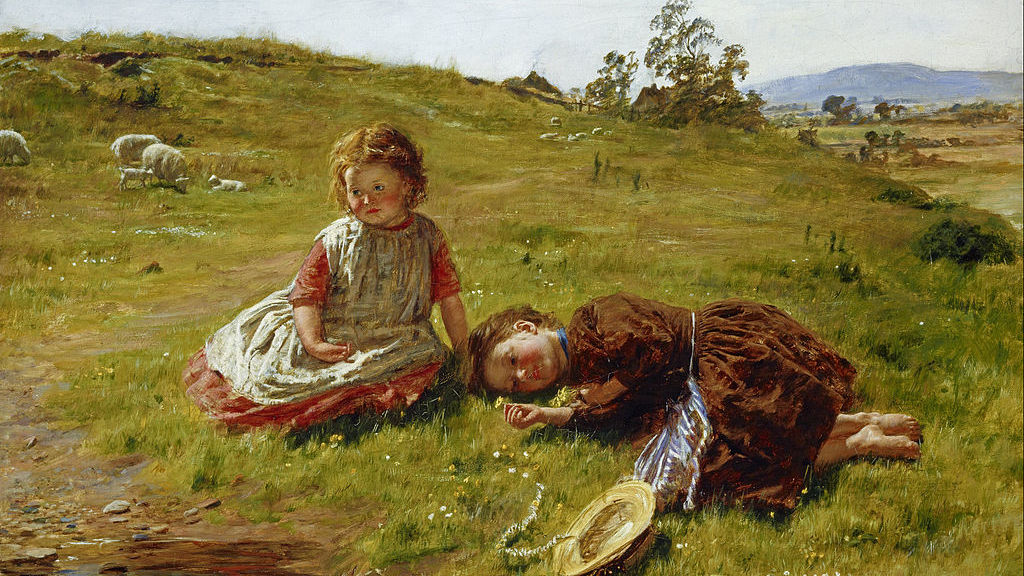Brahms’ Piano Trio No. 1 in B Major: From Youth to Maturity
Johannes Brahms’ Piano Trio No. 1 in B Major, Op. 8 exists in two versions. The first was published in 1854, only months after the 21-year-old Brahms met Robert and Clara Schumann for the first time. Thirty-six years later, Brahms returned to the work during the summer of 1889 with the intention of trimming its “youthful excesses.” That September, he wrote to Clara Schumann, You cannot imagine how I trifled away the lovely …







